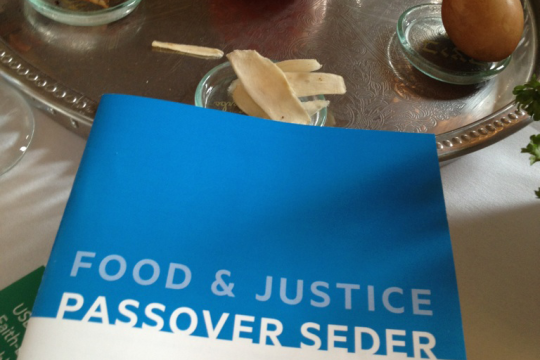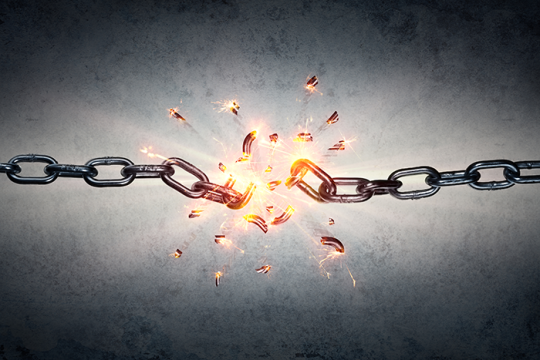
“When you grow up, you’ll understand.”
Have you heard this sentiment recited to young people by parents, and perhaps teachers who didn’t know the answer to a probing question, or were simply hesitant to approach it? It framed generations, in a way. Set boundaries. But in a time when we have just recently witnessed a 17-year-old becoming the youngest Nobel Peace Prize Laureate to date – I’d say the sentiment has expired.
Dubbed “the most famous teenager in the world”, Malala Yousafzai survived an assassination attempt at fifteen and has since (even more vigorously than before) been fighting for children’s rights to education on a global scale. She was just here in New York City at the end of last month, urging world leaders at the UN to promise safe, quality education for every child. She stood in front of 60,000 people at the recent Global Citizen Festival in Central Park with the First Lady, receiving as many cheers and admiration as a rock star.
And awe-inspiring Malala isn’t the only one. On Sunday, September 20th, the URJ held an NY/NJ Jewish Teen Leadership Summit. More than 300 teens gathered for a day of workshops and leadership training. At one point, all eyes were on Valerie Weiser, 17-year-old founder and CEO of the Validation Project, who spoke at the Summit. Valerie works with 6,000 teens in a hundred countries, helping them create impact in causes they care about – like homelessness, domestic violence, and equality. On her website, she states the Validation Project is “proof that age is not a barrier to make a mark.”
16-year-old NFTY board member and URJ Kutz Camp participant Tess Nienaltow also managed to capture it beautifully. In a recent article for Fresh Ink for Teens, Tess writes:
“We, as Reform leaders are continuing in the footsteps of those who led before us. Even though I now sit behind a desk at school, I can’t help but feel so grateful to have found the place where I was meant to be this summer. I knew that in the one-month span of Kutz Camp, my small, close-knit community would expand not only across North America, but also across generations…together, we could perform tikkun olam; together, we could repair the world.”
Take a look at these teens. The ones who are already on stage, and the ones learning to make positive change directly from their peers. What kind of possibilities are there when we can lift them up and support them in their visions and endeavors? In a way, it feels like theyshould be the ones helping us “understand.” Certainly, they are showing us that (their) knowledge is power.
This year, we have the privilege to welcome a hundred teen delegates at the URJ Biennial 2015 as part of a High School Cohort. For the first time, these teens will be front and center. They will be alongside adults, allowing for a flow and exchange between leaders of all ages. Small group, but a mighty beginning. Young but mighty.
As we do during the holiday of Sukkot, I encourage you to not only guide your youth, but to welcome them into your world. To share, engage with them, and hear them out. To include them in the planning process of programs and events that are meant for them, and help them tap into their capabilities. At the core of our work, Reform Jewish youth have taken part in changing the world for almost a hundred years. As Jewish youth professionals, we have the privilege to help make it happen.
Tess recites an important learning piece in her article, “Da lifnei mi attah omed.” Know before whom you stand. The generations that have come before us and those who come ahead. Let’s work together to power locally, and empower the leaders of tomorrow.
Have something to say about this post? Join the conversation in The Tent, the social network for congregational leaders of the Reform Movement. You can also tweet us or tell us how you feel on Facebook.
Related Posts

Passover 2024: The Three Central Messages of Pesach

Modern-Day Plagues of Injustice and Inequality
